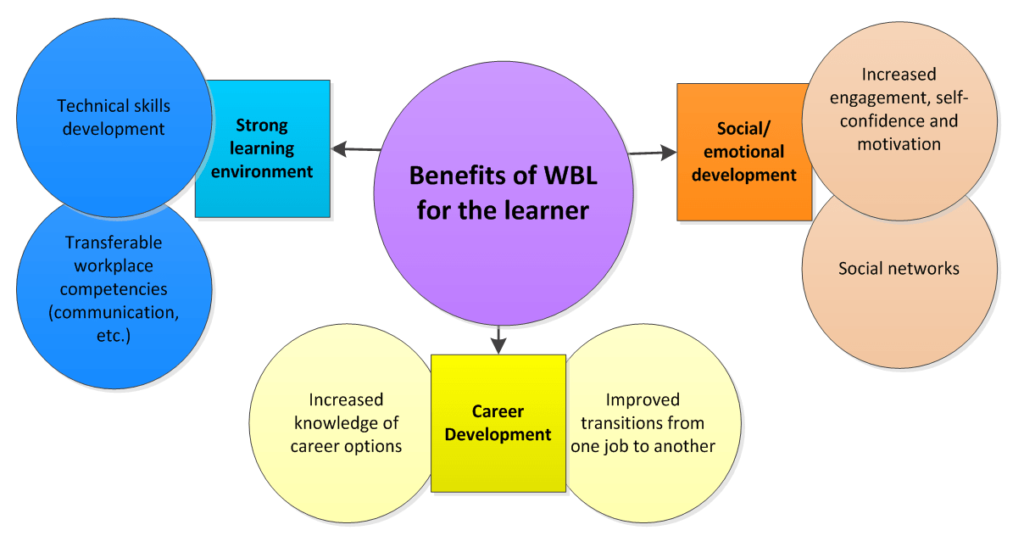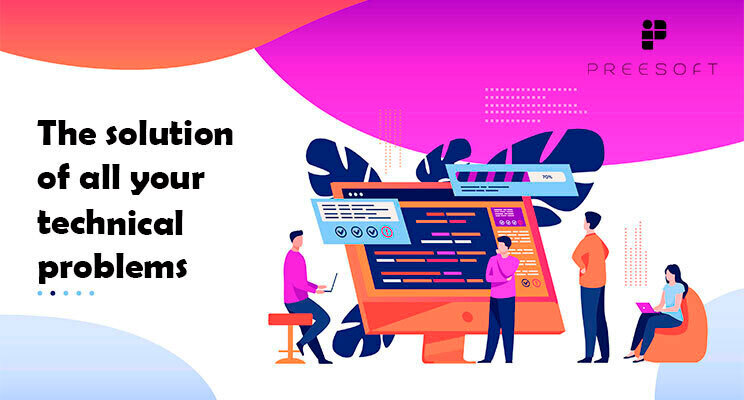Education and skills development is the biggest challenge
Education and skill development is the biggest challenge. Education is a significant perspective that assumes a tremendous part in the modern and industrialized world. Individuals need well-rounded schooling to have the option to make due in this serious world. Current culture depends on individuals who have high expectations for everyday comforts and information which permits them to execute better answers for their issues.
Education is the social establishment through which society gives its individuals significant information, including essential realities, work abilities, and social standards esteem. The main advantages of education are that it improves individual lives and encourages society to run easily.
Skill development of employees is also the biggest challenge. Finding employees’ time for training was a challenge before everyone started working from home. Remote work has changed the workday structure for many employees.
Holding scheduled meetings or training sessions may not work, and many employees may feel entitled to skip scheduled sessions because family life interferes with work life. A self-made learning approach can help with an unorganized schedule. For example, you can give employees 24/7 online access to a learning library so they can view learning materials whenever they want.
Challenges of training and development
Due to the COVID-19 pandemic, people in every organization are asking about moving to a remote workforce. The move raises concerns about untimely issues such as motivation and participation. At the same time, some businesses have disappointed their training goals with housemaid orders. It is impossible to suspend employee training until everything is “normal.” Companies need to find ways to meet the new learning standards and develop new plans for the future of their corporate training programs.
Managers, in turn, have to deal with workers who may end up working permanently from home or even learn to accept new jobs remotely. We have always felt that the traditional corporate training model lacks them. Now that social distance is needed, personal training is not possible, let alone practice. Is it temporary or permanent? In either case, organizations can benefit greatly from learning to “adjust”
(1) A remote workforce
The COVID-19 pandemic forced the majority of workers to work from home. Employees and employers also need to make a fuss about setting up workplaces and putting measures into practice to ensure that workflows were not compromised. If everyone gathered in a room for training, meetings, workshops, or instructor-led classes, it was canceled indefinitely. Virtual platforms like Zoom can work for status meetings, but they are not always effective for training.
(2) On boarding
Much of what employees know about their role is learned during the onboarding period. Pre-COVID, which included many informal trainings as well as many formal trainings at the time: discussions with new colleagues, shadows of other employees, daily workflow and sense of rhythm, cultural absorption, etc. A good way to break up onboarding training is to let new hires manage their learning to some degree.
Many things you need to learn, such as the forms to fill out, how to use a particular application, and the details of company policy, are simple and repeatable, so you don’t need a live presentation. They can be learned from short videos online.

How to overcome training challenges
The challenges of education and training in an organization are the same everywhere, especially when your training program is established, and can be expressed in some important considerations. What are the most common challenges for training managers? How can they be overcome? Here are some ideas and suggestions.
The first of the most common learning and development questions is pretty obvious: What exactly should your program consist of? The big problem some learning and development managers face is that a course portfolio is too big, too cumbersome, outdated, repetitive, or just unnecessary.
A successful manager will avoid this by choosing and developing the courses that are most useful, not only for the organization as a whole but for each student individually. Ultimately, the training needs of a senior manager will be different from those of new team members.
Another of the difficulties in training and development is the occasionally loaded issue of who precisely conveys the learning and advancement. Would it be a good idea for you to settle on outer coaches, who will bring their own insight, abilities, and new ideas, however, which can be an exorbitant learning resource? It truly relies upon nature or your preparation necessities.
There will be times that you will be greatly improved conveying an inner resource – for instance, while conveying enlistment preparing – yet now and again, getting outer mentors is in reality more practical. This is especially the situation when we consider the following of our issues related to preparing and improvement.
Another difficulty encountered in training and development is to make sure your employees are fully engaged with your learning platform and content. The main reason for this is that the coach does not understand the objectives or see the relevance of his or her training. At times, the mode of delivery seems old and vague. There are two ways to present the problem itself: the first is to create a dynamic training portfolio that uses a variety of approaches for its learning purposes.
So, as mentioned above, use techniques such as using various i-visual elements in your e-learning provision. However, the most effective way to ensure engagement is to partner with potential educators in their education. Using surveys and assessments create compelling custom content that will make your employees feel like they are involved in its development.
Why is education important to society?
The educated individual is bound to grow better good and moral qualities when contrasted with an uneducated individual. The absence of education makes issues like the notion, abusive behavior at home, chronic frailty, and helpless expectations for everyday comforts. Training brings equivalent freedom for the two people and educated individuals will have the option to make a superior society. Without well-rounded education, a superior society can’t be framed.
Education is an indispensable piece of human culture. Its significance in life can’t be overlooked as the absence of education brings forth various social issues like chronic weakness, inward clash, and helpless expectations for everyday comforts, and some more. It encourages individuals to locate a superior answer for their issues. Training allows individuals to understand the genuine estimation of commitment and help them become the foundation of society.
Education implies development. Advancement and imagination can possibly happen when individuals are sufficiently gifted to realize how to work with various advances. Educated individuals consistently discover an answer for their issues with the assistance of better procedures.
Education is the most impressive weapon which we can use to change the point of view of the world. An educated individual realizes how to manage various sorts of issues. Through the correct training, an individual can grow great virtues. It encourages us to turn into a decent person.
As social creatures, it is our duty to give something back to society and make it a superior spot for the future. An uneducated man can’t be completely mindful of his duties. An educated individual knows about his own just as social obligations. Without education individuals, this society can’t improve as a spot. That is the reason legitimate education is expected to transform this society into a superior spot.
Bibliography and references
[1] https://www.talentlms.com/blog/training-challenges-solutions-workplace/
[2] https://www.ej4.com/blog/training-challenges-in-the-workplace-2020-edition
[3] https://sparkus.com/how-to-overcome-employee-learning-and-development-challenges-in-the-workplace/
[4] https://www.efrontlearning.com/blog/2017/04/common-training-challenges-solutions.html
[5] https://www.theasianschool.net/blog/importance-of-education/
[6] https://adilblogger.com/reasons-why-education-important-society/



